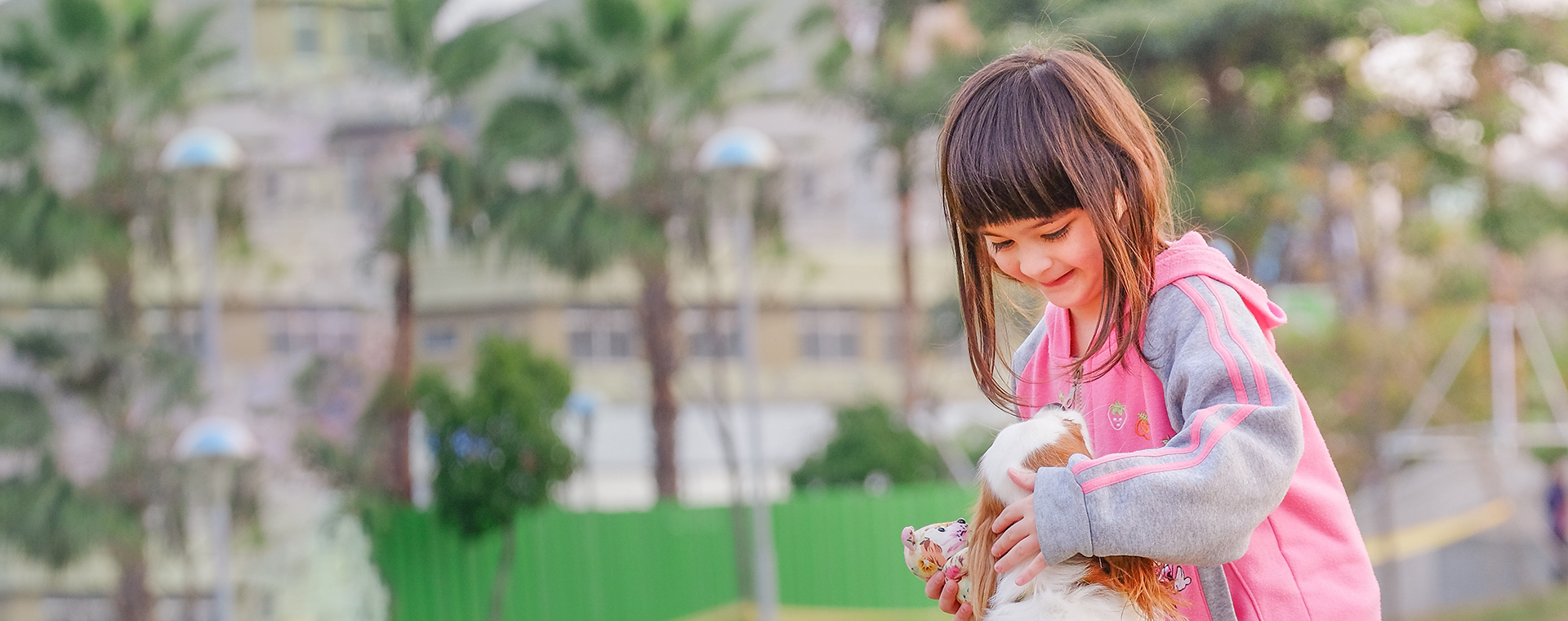Search
Research
Sport in First-episode PsychosisYael Perry BPsych (Hons) MPsych (Clin) PhD Head, Youth Mental Health 08 6319 1298 yael.perry@thekids.org.au Head, Youth Mental Health @yaelperry she/
Research
Mindful Self-Compassion for LGBTQ youth: a multi-site randomized controlled trialAmy Penelope Yael Finlay-Jones Strauss Perry BPsych(Hons), MPsych(Clinical), MHealthEcon, PhD (Clin Psych) BA, MPH, PhD BPsych (Hons) MPsych (Clin)
Research
Penicillin Levels for Rheumatic Heart Disease Study - WA Urban CohortThis is a 6 month cohort study involving participants at Princess Margaret Hospital prescribed BPG for secondary prophylaxis of RHD.
Research
Personalised, machine learning based prediction of asthma in childrenThis study aims to show that asthma and allergies in individuals can be predicted before it occurs based on individual family history and information on the early environment.
Research
Play Active Program – physical activity policy and training for Early Childhood Education and CarePlay Active is a national, low-cost, evidence-based program to boost energetic play in early childhood education and care. It offers free professional development for educators.

With rising levels of physical and mental health issues, ensuring children establish good physical activity behaviours early in life is more important than ever.

Staying physically active is an important part of a healthy lifestyle. ActiveRett is a dedicated resource for helping families support their child with Rett syndrome to keep active.

Each family needs to select the appropriate types and levels of activity that suit their own individual needs and circumstances.
Through InterRett we collect information on individuals with Rett syndrome on a global level. If you are a participant you can complete your questionnaire here.

News & Events
High Tea for Rett Syndome at Caversham HouseThanks for everyone who have contributed to and participated in this wonderful event to raise much needed funds to support Rett Syndrome research!
